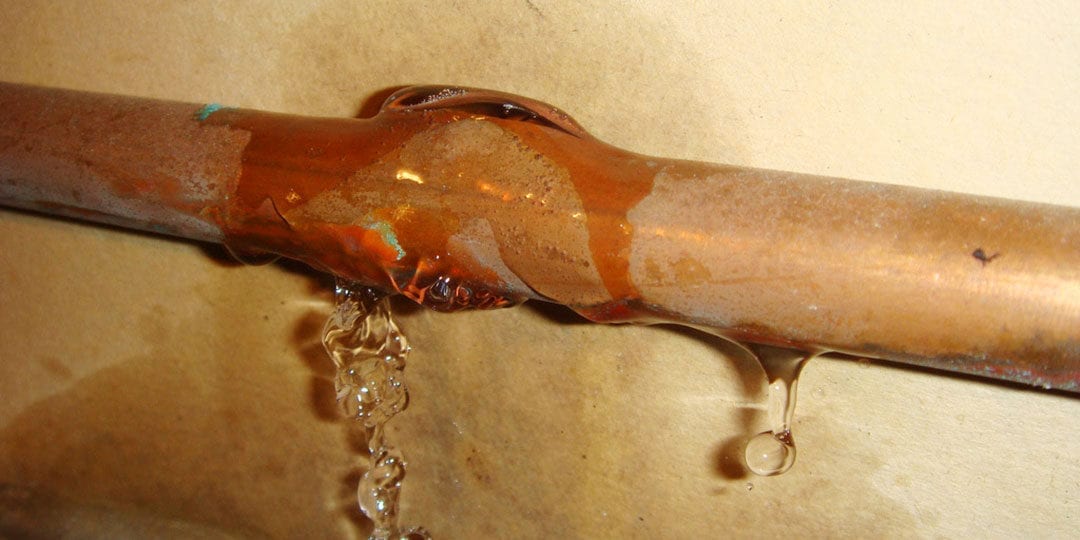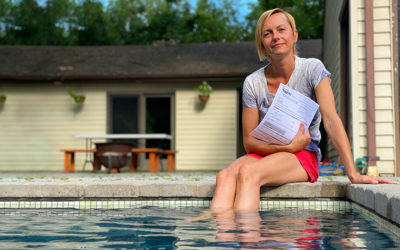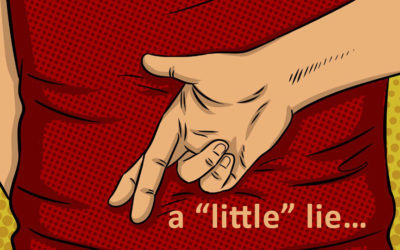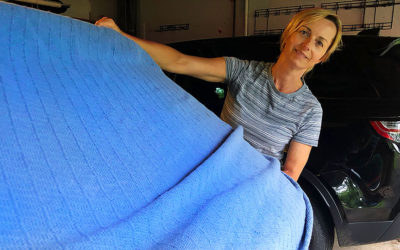Winter is coming! When water begins to freeze, it expands. This can cause plastic and metal pipes to burst, likely leading to significant water damage to your home.
Frozen pipes can present an invisible threat that you might not recognize until the weather starts to warm. The water damage can be serious and costly. Keeping your home warm and pipes insulated can help protect water damage this winter.
Which pipes are most at risk?
Pipes that are most exposed to the freezing temperatures, including those outdoors and along the exterior walls of your home, may need extra protection during winter months. These include the following:
- Outdoor hose hookups and faucets
- Swimming pool supply lines
- Lawn sprinkler lines
- Water pipes in unheated interior locations such as basements, crawl spaces, attics, garages, kitchen
and bathroom cabinets - Pipes running against exterior walls with little or no insulation
How to help prevent frozen pipes
1. Before freezing temperatures:
Check all areas where water pipes are located in unheated or inadequately insulated areas. Check your basement, attic, crawl space, garage and inside cabinets containing plumbing. Both hot and cold water pipes should be insulated. Pipe sleeves or UL-listed heat tape or heat cable will help insulate exposed water pipes.
2. During winter:
- Close inside valves supplying water to outdoor faucets and hookups.
- Open outdoor faucets to allow residual water to drain; keep them open during the cold weather months, while the water supply is turned off.
- Keep garage doors closed to help protect water pipes located in the garage.
- Open cabinet doors where plumbing is located to allow warmer air to circulate around the pipes.
- For areas that are at risk of freezing (both hot and cold water pipes), let water drip from faucets.
- Keep the heat in your home set at a minimum of 55 degrees.
What to do if you have a frozen pipe?
If you detect a leak, turn the water supply off immediately to prevent water damage and call a licensed plumber to perform repairs. If an older steam heating system heats your home, consult with your heating professional to determine if it is safe to continue to run the heating system with the water supply turned off for your particular heating system.
Are you OVERPAYING your insurance?
Let’s check; it doesn’t cost anything!
Related posts
Top factors that will increase homeowner’s insurance premiums
Every insurance company will assess the value of your home before issuing the home policy. The replacement value will be the main factor in determining the policy premium.
Little insurance lies with big consequences
When disaster strikes but insurance denies paying the claim, financial hell breaks loose. It’s often caused by misleading information on the original application for coverage.
Temporarily Suspending Your Car Insurance
Going away for an extended vacation? Living for military deployment? Garaging your convertible for winter? All of the above trigger a question: do you need the insurance for the vehicle you don’t use?
Get started online
Give us 24 hours and we'll give you the price!
PHONE
ADDRESS
258 DAYTON AVENUE
CLIFTON, NJ 07011
Serving New Jersey



